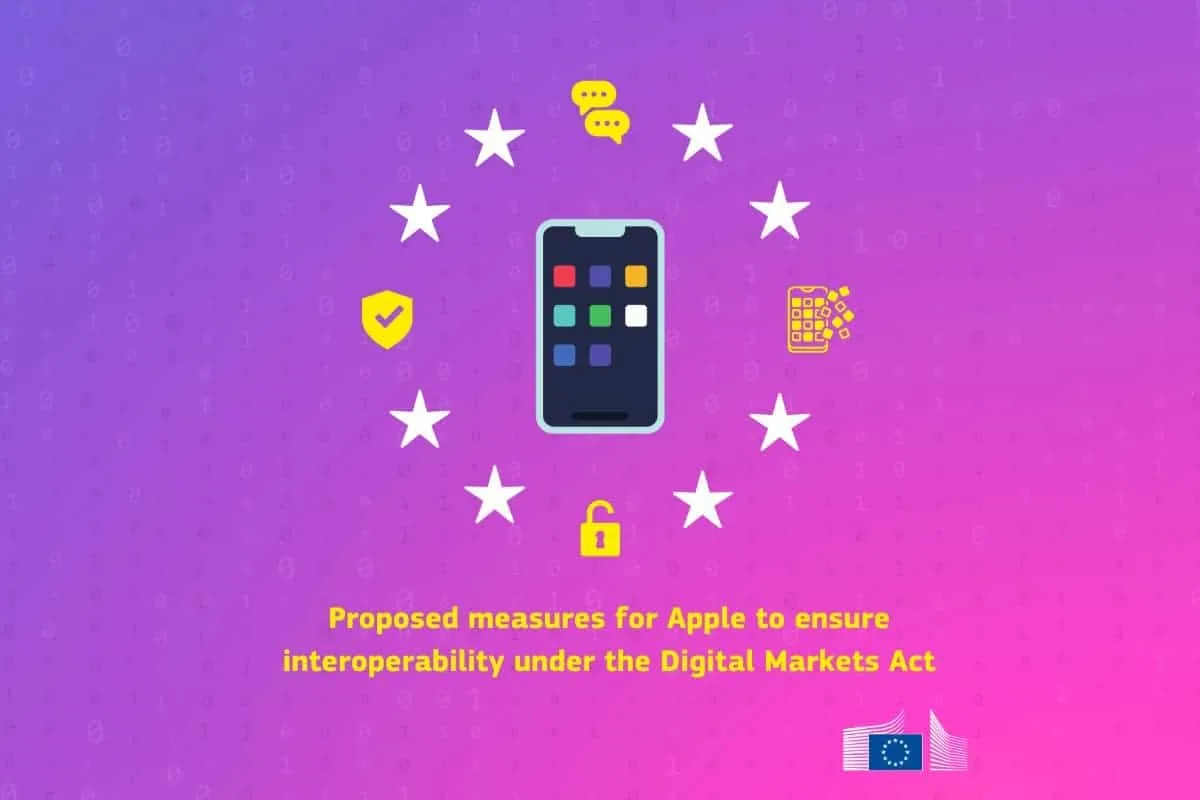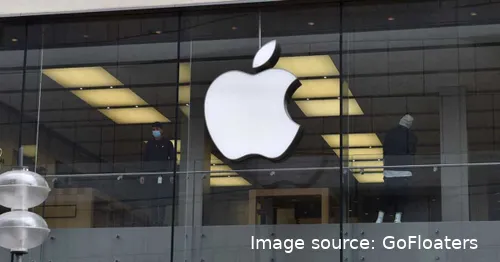EU Commission drafts measures to improve Apple iOS and iPadOS interoperability under the Digital Markets Act
AppleFriday, 20 December 2024 at 05:19

The European Commission (EC) is taking significant steps to ensure Apple’s iOS and iPadOS become more accessible to third-party devices and services. Under the Digital Markets Act (DMA), the EC has proposed measures aimed at fostering greater interoperability within Apple’s ecosystem. These developments are crucial for Apple, its users, and third-party developers.
Apple should open iOS features like notifications, AirPlay, and AirDrop to third-party devices, enhancing innovation and user choice. – EU Commission

Image source: GoFloaters
Proposed Measures to Enhance Interoperability
The draft measures proposed by the EC focus on opening up key functionalities of Apple’s ecosystem. These include enabling third - party devices like smart watches, wireless head phones, and VR headsets to receive alerts. Other recommended changes include:
- Integration of AirPlay and AirDrop with third-party devices.
- Support for automatic audio switching and Wi-Fi connections.
- Enhanced data transfers and proximity pairing capabilities.
- Allowing third-party services to maintain Bluetooth and network connections through background activity execution.
The goal of these measures is to extend the seamless experience of Apple’s ecosystem to non-Apple devices, fostering innovation and user choice.
If Apple were to have to grant all of these requests, Facebook, Instagram, and WhatsApp could enable Meta to read on a user’s device all of their messages and emails, see every phone call they make or receive, track every app that they use, scan all of their photos, look at their files and calendar events, log all of their passwords, and more. This is data that Apple itself has chosen not to access in order to provide the strongest possible protection to users. – Apple White Paper
Apple’s Concerns Over Data Privacy
Apple has doubts about the plan, citing potential risks to user privacy. In a white paper titled “It’s getting personal,” Apple shared fears that firms like Meta may misuse user info. Apple argues that opening up its ecosystem could compromise its strong privacy and security protections. The company claims that these are key aspects of its brand.
However, the EC seeks input from firms and groups till Jan 9, 2025. This may change the rules on Apple interoperability and it is set to drop by March 2025. If Apple skips the rules, fines could hit 10% of its global sales. The EC’s work to make iOS and iPadOS open marks a key move for ease, fair play, and data care. Apple has its doubts, yet the shift may yield a more open tech space. The next weeks will show how Apple and the EC solve this mix of needs and views.
Popular News
Latest News
Loading






